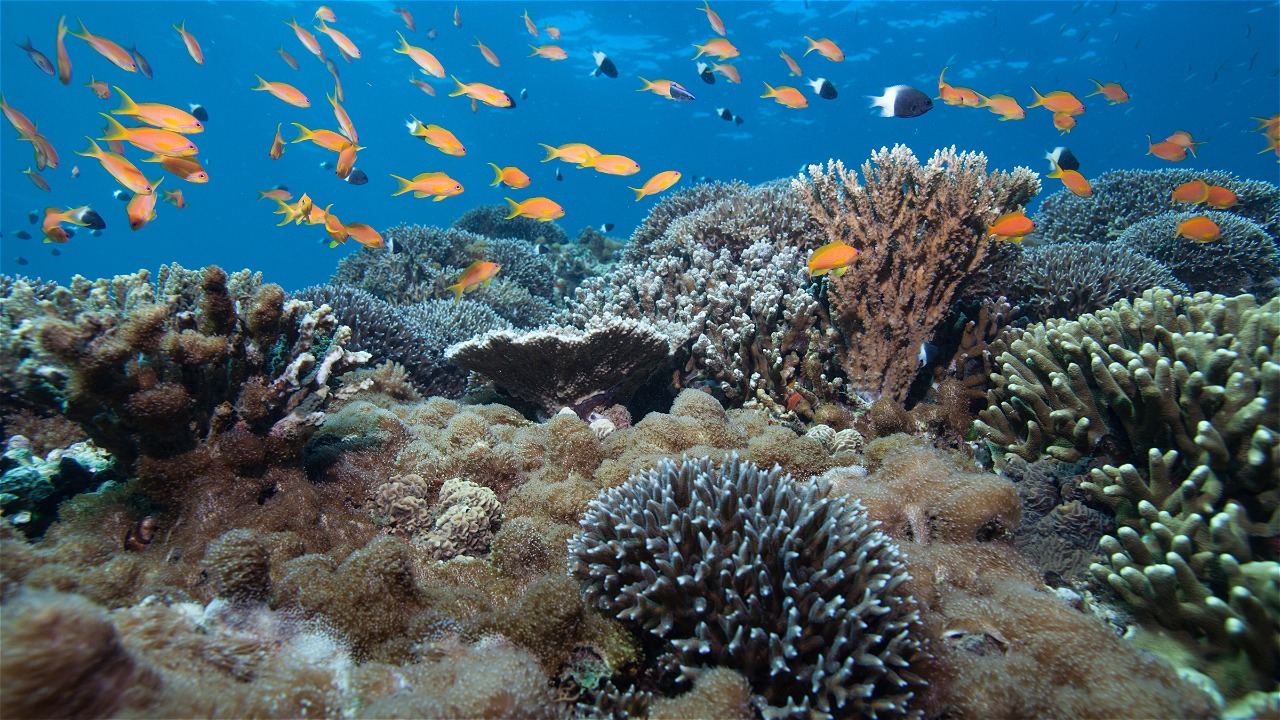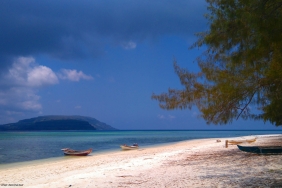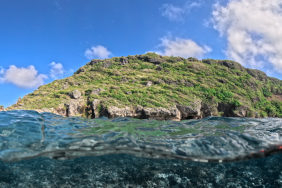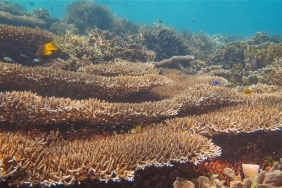NATIONAL SYMPOSIUM TO EXAMINE SUSTAINABLE REEF FISHERIES MANAGEMENT IN INDONESIA
Author: Muhammad Yusuf (Fisheries Science and Training Coordinator)
The Ministry of Marine Affairs and Fisheries (MMAF), through the COREMAP-CTI (Coral reef rehabilitation and management program - Coral triangle initiative) working unit of the Directorate General of Capture Fisheries, is collaborating with WWF-Indonesia to organize the National Symposium on Sustainable Coral Fisheries in Denpasar Bali on November 25-26, 2015.
In order to obtain the latest studies, this national symposium will bring together experts and practitioners of coral fisheries from all over Indonesia to present the results of the latest research and studies, as well as discuss and seek scientific solutions to various problems facing the management of Indonesian coral fisheries. This national level event will raise three themes of discussion, namely Biology, population, and ecology of reef fish; Environmentally Friendly Utilization Practices and Socio-Economic Aspects; and Regulation, Institutions, and Sustainable Management.
This activity invites academics, practitioners, and parties related to reef fisheries to submit abstracts and papers that support policies and management for reef fisheries in Indonesia from October 26 to November 20, 2015. The selected scientific papers will later become the basis for policy and management recommendations for coral fisheries in Indonesia.
Reef fisheries are the largest fisheries resource in Indonesia, both in terms of catch production and economic value. Reef fisheries are known for their carnivorous fishes such as groupers, herbivores such as baronang (rabbit fish) and parrot fish, and omnivores such as snapper (snappers). Reef fisheries resources also include a wide variety of species or biota directly associated with coral reefs and reef fishes, which form the reef fisheries ecosystem as the most important habitat in the marine environment. According to some researchers, Indonesia is the center of various types of fish in the world. Allen and Adrim (2003) stated that Indonesia has 2057 reef fish species from 113 families. There are 10 main species of Indonesian reef fish resources, namely Gobiidae or Glodok fish species as many as 272 species, Labridae or Wrasses such as Napoleon fish and Sweep fish as many as 178 species, Pomacentridae or brightly colored fish such as anemones and sea bass 152 species, Apogonidae such as Cardinal fish 114 species, Blenniidae or commonly called mimic fish 107 species, Serranidae or grouper 102 species, Muraenidae or muray fish 61 species, Syngnathidae or Pipe fish such as seahorse 61 species, Chaetodontidae or a type of Butterfly fish such as kepe-kepe 59 species, and Lutjanidae or snapper fish group of 43 species.
Besides having important ecological values, reef fisheries have also become an economic driver for more than 2 million fishermen throughout Indonesia. In recent years, more than 1.3 million tons of reef fish were caught in Indonesian waters (Marine and Fisheries in Figures 2013). The value of capture fisheries production in Indonesian seas was almost 100 trillion in 2013 (Marine and Fisheries in Figures 2014). However, in the last decade, there has been a downward trend in coral fisheries production and the widespread impact of coral reef habitat destruction due to uncontrolled fishing. The increasing trend in catches is not linear with the number of fishers or fleets operating. As fishermen fished farther and farther from their fishing base, the number and size of fish caught tended to decrease in most locations in Indonesia.
Some of the important problems facing Indonesia's reef fisheries include stock depletion, illegal/destructive fishing, and coral reef habitat destruction. Other problems that are quite complicated are the poverty of fishermen, data collection on fisheries production and exports, the high bycatch or HTS (bycacth) of protected and endangered biota, horizontal conflicts between fishermen, law enforcement, institutional management and regulation, and IUU fishing from outside countries.
To improve fisheries in Indonesia, in general, the government, in this case the Ministry of Maritime Affairs and Fisheries, already has fisheries management indicators contained in the Ecosystem Approach to Fisheries Management (EAFM). These indicators are grouped into 6 EAFM domains, namely Fish Resources, Fishing Techniques, Habitat, Social, Economic, and Institutional. The EAFM concept was born from the Ecosystem Approach to Fisheries or EAF (FAO, 2003) which provides a concept of balancing socio-economic objectives with ecosystem aspects in fisheries management. EAFM is expected to be a fisheries management regime in Indonesia that can incorporate all elements and interests into an integrated ecological, social, and institutional fisheries management. EAFM is also one of the important and main tools in the preparation of Fisheries Management Plan (FMP) in Indonesia. EAFM and FMPs require accurate information and data, so scientific studies are urgently needed to complete fisheries data in Indonesia.
Download complete information and biodata form for participants and presenters
Contact person of the committee:
- A. Mustofa/WWF: HP 0812-2538-5560
- Sri Wahyuningsih: Coremap HP 0812-1637-7390
- Email the committee: reeffish.indonesia@gmail.com





